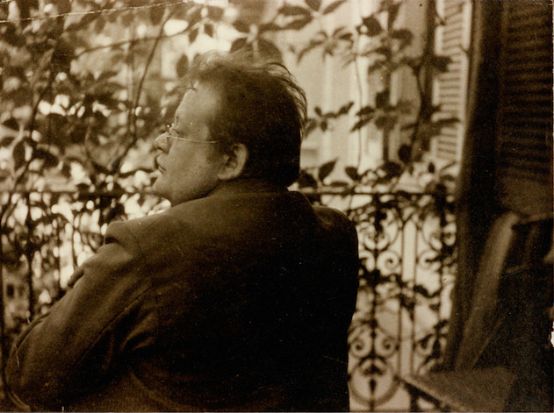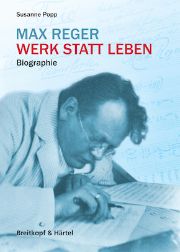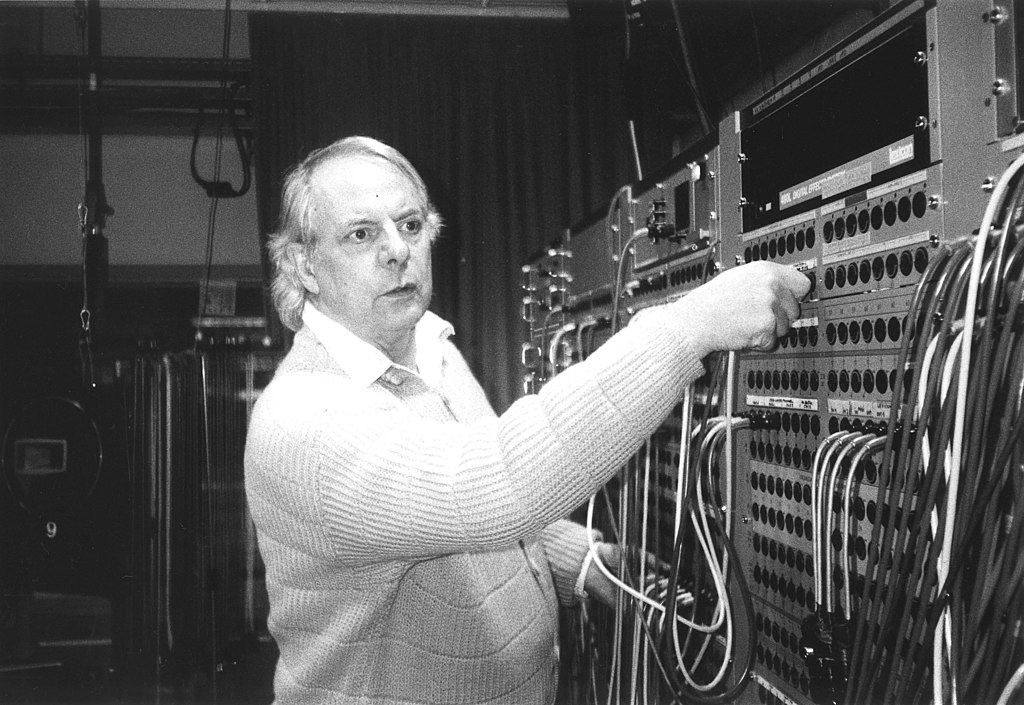Workaholic
As the director of his institute, Susanne Popp is the ideal biographer for Max Reger. She also presents many of his works.

So now he too has his anniversary: Max Reger, who died 100 years ago and whose fame is in strange proportion to his undiscovered oeuvre. Word got around that Reger wrote many organ chorales. But who knows the Violin Concerto in A major from 1908, the string quartets, the Sinfonietta from 1905 or the colossal Symphonic Fantasy and Fugue for organ op. 57 from 1901, which does not at all fit the image of the staid admirer of Johann Sebastian Bach?
Susanne Popp clears up preconceptions: The constant point of reference was indeed the extraordinarily admired Bach, but Reger understood him as the beginning and end of all music at the same time. When he wrote fugues, preludes and chorales again, it was never in the sense of a restoration, but in the service of continuing a tremendous legacy under progressive auspices. Popp vividly describes not only his life, but also many of his works: "massive masses of sound" in the Inferno fantasy for example, "which have no tonal center and encompass the entire twelve-tone space". Or the late works Requiem aeternam (1915), which Popp even interprets as anticipating the aesthetics of György Ligeti due to its "sound surfaces and expressive fields".
Susanne Popp has been the director of the Max Reger Institute in Karlsruhe since 1981. She is therefore extremely familiar with the sources. She proves that Richard Wagner was the decisive factor in his becoming a composer. The erudite musicologist Hugo Riemann then introduced Reger to the German B-line, i.e. Bach-Beethoven-Brahms. The composer was not on good terms with Italians or the French throughout his life. Here he was dogmatic: that Scarlatti had fire, but not warmth like Bach - he would have signed this immediately, like many of his German colleagues.
This biography has 542 pages. The notes and source references alone comprise 60 pages - proof of how much Susanne Popp read for this outstanding book. Many quoted passages from letters written by the writing and composing maniac paint a very direct picture, which makes you smile in some places and makes you think in others. Reger was quite addicted to alcohol, including the constant smoking of strong cigars. His death on May 11, 1916 was probably due to smoking. Susanne Popp also has another, very plausible explanation for the fatal heartbeat at the end: "Foreseen by everyone and yet suddenly, his heart was no longer able to cope with the permanent overpressure of composing against death and fighting against oblivion in concert."
Susanne Popp, Max Reger - Werk statt Leben, 542 p., 39.90 €, Breitkopf und Härtel, Wiesbaden 2015, ISBN 978-3-7651-0450-3
Reviews of the organ works in the new Max Reger edition:
Volume I/4, Choral preludes
Volumes I/5-7, Organ Pieces I-III









